

Amazon mogul Jeff Bezos rocked the established media world when he used the prerogatives of ownership to deny the Washington Post’s desire to publish an endorsement of Kamala Harris for president. However, his longer-term plans to make the paper’s opinion section less liberal are even more significant.
Given today’s identity crises on the political right, the only question is what Bezos’ plans will signify.
The irony of a top neoconservative fleeing a paper that wants more conservative voices might be delicious, but it’s not very nutritious. If neocons aren’t conservative any more — and judging by the Cheneys' endorsement of Harris, that’s a betrayal they’re proud to wear — then who is?
Consider the New York Timesreport that broke the news on the upheaval: “Mr. Bezos has told others involved with The Post that he is interested in expanding The Post’s audience among conservatives, according to a person familiar with the matter. He has appointed Mr. [Will] Lewis — a chief executive who previously worked at the Rupert Murdoch-owned Wall Street Journal — and has informed Mr. Lewis that he wants more conservative writers on the opinion section, the person said.”
More important than the identity of that unnamed person is the “conservative” identity he or she invokes. Superficially, Bezos might simply have meant by the label “anyone to the right of Taylor Lorenz.” But anyone in politics, especially the head of the nation’s emblematic Beltway newspaper, would have to work harder than that to figure out what counts as conservative these days.
For instance, the next line in the Times report lays bare the problem: “The Post’s decision drew immediate blowback inside the paper. At least one member of the opinions department, Robert Kagan, resigned.” Kagan is one of the country’s top self-described neoconservatives, a sect that arose from reactionary liberals “mugged by reality” in the 1980s to become, in the 2000s, the fiercely dominant faction in the conservative movement and the Bush-era GOP.
The irony of a top neoconservative fleeing a paper that wants more conservative voices might be delicious, but it’s not very nutritious. If neocons aren’t conservative any more — and judging by the Cheneys’ endorsement of Harris, that’s a betrayal they’re proud to wear — then who is?
The very label “conservative” has been struggling to make ends meet for years, losing mindshare to the ever-multiplying subcultures on the right that feel “conservatism” is too vague, too broad, too dated, and just too unsuccessful a brand to capture who they really are and want to be. Consider yourself trad? Based? Red-pilled? MAGA? Frog? Groyper? Race realist? Archeofuturist? The list goes on! Odds are you never felt so comfortable with the conservative moniker, whether or not you once identified as such.
It’s not even so crystal clear at this relatively late date just what it might mean to be a “Trumpist.” Not that there’s anything wrong with that! Politics are about coalitions, after all, and the failure of identity politics to deliver the coalitional goods underscores how identity is ultimately a question of in whose or what image you see yourself to be.
That’s right — religion. And whatever else can be said about religion in American politics, the legacy form of big-tent, evangelical-heavy Judeo-Christian Protestantism that ruled the Republican roost for several generations has, like “conservatism” itself, begun to denature and decay.
All things in this world pass away, so there’s that excuse, but another decisive factor has had an accelerating effect: digital technology, the special sauce that took Bezos from just another nerd at a desktop to a chrome-domed, well-muscled master of the socioeconomic universe. On close inspection, it’s tough to find a more potent solvent for old-school, pre-digital conservatism than the digital tech itself precisely because of how swiftly all things digital have worked against the principles- and values-heavy rhetoric and goals of the Moral Majority era.
The overwhelming power and authority of digital tech flipped the table on the past 500 years of religious and political life in the West — roiled by the leap from the printing press to the radio to the television yet remarkably consistent in its project of swapping in modern institutions justified by interest or appetite where once medieval institutions justified by faith had thrived.
Yes, the digital superpowers of computational recordation and recall suddenly seem to dwarf human knowledge and imagination, making billions start to go crazy at the thought that maybe their interests and appetites, no matter how strong, aren’t enough to hold their identities together.
That’s a huge threat to liberalism, but it’s a dagger at the heart of mere conservatism too — in a world where all that we thought made us who we are is meaningless relative to our own machines, what the heck is worth conserving again?
As the ideological sky falls, liberals have rushed to wokeness and conservatives have scattered into the subcultures of the right. Jeff Bezos is a bright, connected guy. Surely he’s been tracking these developments (along with every boost of TRT or HGH). If mere conservatism can’t conserve itself, does he really think the ambition and resources of a tech titan like himself can bring it back — against the grain of technology?
Or does he have something else in mind? Maybe he’s one of the many leading AI figures who seem to sincerely believe that tech is on the verge of “solving politics” altogether, wiping away the need for any and all ideologies forever. As plenty of those same figures now turn toward implicitly or explicitly worshipping AI itself, perhaps Bezos has realized that, while different kinds of politics and technology come and go, as Alexis de Tocqueville once said, “religion is the only permanent state of mankind.”
Jeff Bezos might be unable to bring on Tocqueville as the Post’s next big columnist. But suppose he knew what’s good for the paper, a media relic needing a radical renaissance. In that case, he’d look past the shifting partisan labels du jour in search of writers even more experienced with the humility of communion than the audacity of communication.
Hear more on the subject from the "Blaze News Tonight" team in the video below:
.png)
 1 week ago
9
1 week ago
9
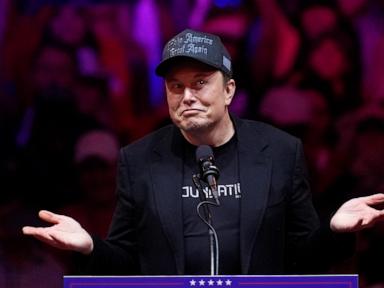

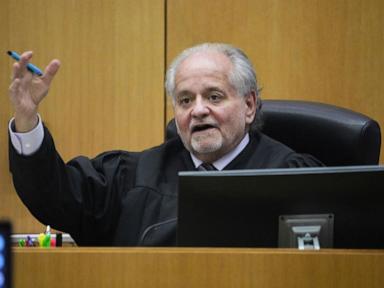

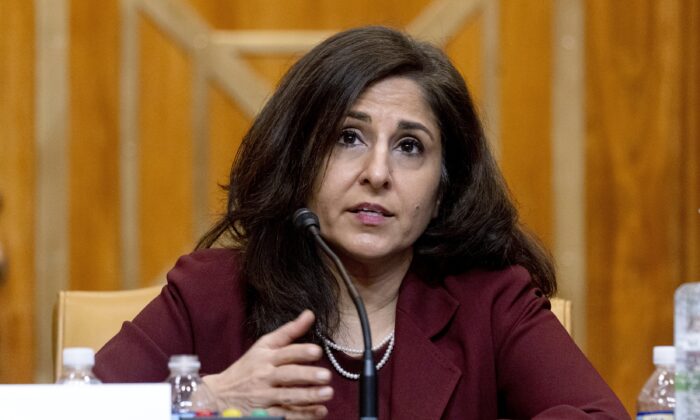
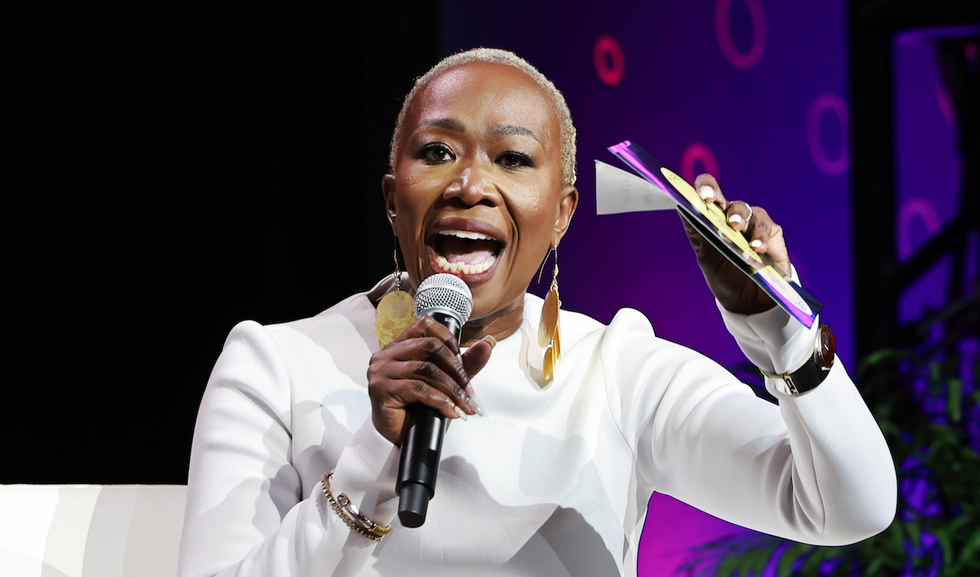

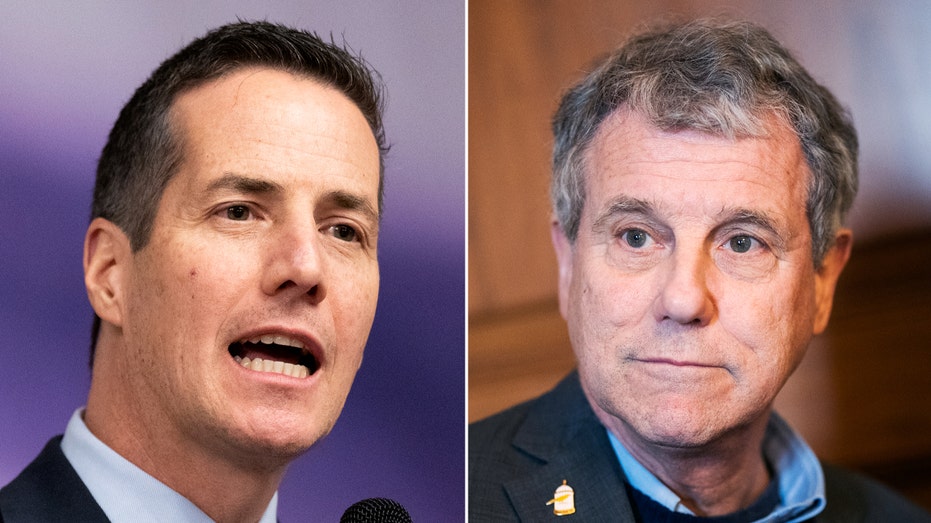






 English (US)
English (US)